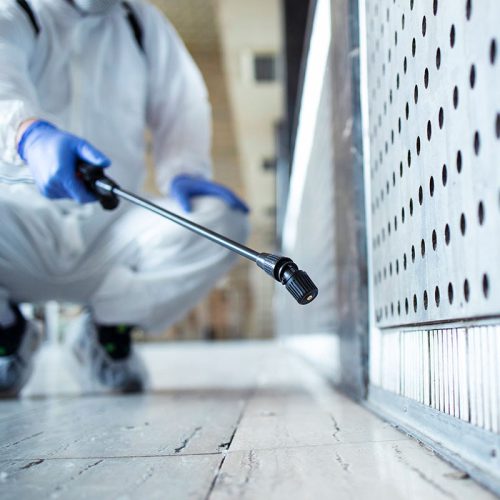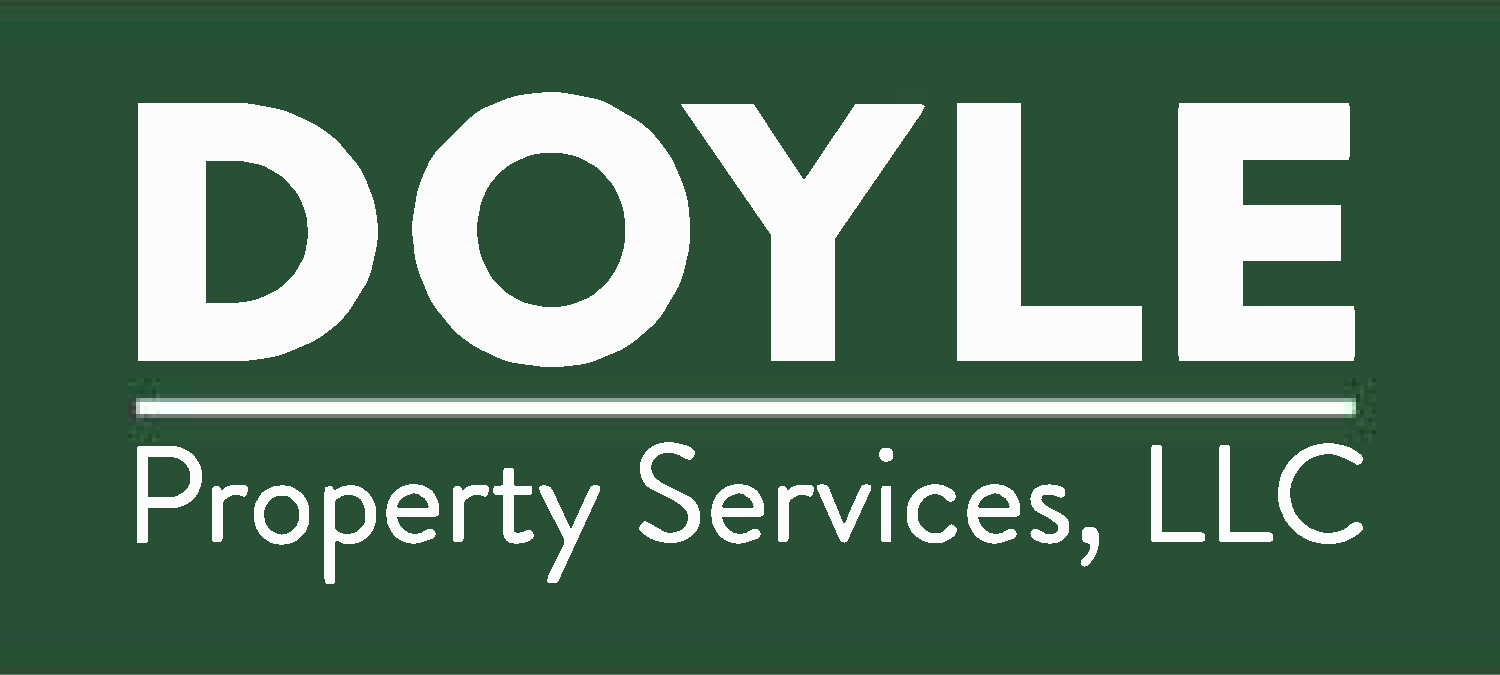Certified Asbestos, Lead & Mold Testing & Abatement
Protecting Texas workplaces with compliant, professional environmental testing and abatement services trusted by property managers, developers, healthcare systems, school districts, and industrial facilities statewide.
From initial inspection through final clearance, our certified specialists deliver comprehensive asbestos, lead, and mold solutions that keep your projects moving, your buildings compliant, and your occupants safe. We understand the regulatory environment, construction timelines, and business pressures Texas commercial properties face — and we respond with reliable service, clear documentation, and unmatched technical expertise.
Protecting Health. Ensuring Compliance. Preserving Property Value.
Commercial properties face serious risks from hidden environmental hazards like asbestos, lead, and mold. Our Certified Testing & Abatement services provide accurate identification, safe removal, and long-term prevention strategies to protect your tenants, employees, and assets. We combine rigorous testing protocols with certified abatement techniques to ensure your property meets all health and regulatory standards.
Our team of licensed professionals conducts thorough inspections and uses industry-leading methods to detect and assess hazardous materials. Whether it’s an aging building, a renovation project, or a post-incident cleanup, we provide detailed reports and actionable solutions, giving property owners confidence that their space is safe, compliant, and ready for occupancy.
From precise testing to controlled abatement, our process minimizes disruption while delivering results you can trust. We handle every step—containment, removal, disposal, and clearance verification—so your property not only meets legal requirements but also provides a healthier environment for everyone who enters.

Our Environmental Testing & Abatement Services
Certified Hazardous Material Testing
Accurate identification of asbestos, lead-based paint, and mold using advanced testing protocols and laboratory analysis.
Accurate identification of asbestos, lead-based paint, and mold using advanced testing protocols and laboratory analysis.
Regulated Material Abatement
Safe, code-compliant removal and containment of asbestos, lead, and mold by licensed, trained professionals.
Safe, code-compliant removal and containment of asbestos, lead, and mold by licensed, trained professionals.
Post-Abatement Clearance & Reporting
Comprehensive documentation and clearance testing to verify safety and compliance for insurance, regulatory, or occupancy purposes.
Comprehensive documentation and clearance testing to verify safety and compliance for insurance, regulatory, or occupancy purposes.
Preventative Risk Management
Strategic recommendations and ongoing monitoring to reduce future exposure risks and protect your property value.
Strategic recommendations and ongoing monitoring to reduce future exposure risks and protect your property value.
Renovation & Construction Support
Proactive environmental assessments and abatement planning for remodeling, demolition, or tenant improvement projects.
Proactive environmental assessments and abatement planning for remodeling, demolition, or tenant improvement projects.
Why Commercial Clients Trust Us
-
Certified Expertise: Fully licensed, trained, and insured professionals
-
Regulatory Compliance: Adherence to EPA, OSHA, and local environmental regulations
-
Minimized Disruption: Efficient, controlled abatement for operational properties
-
Transparent Reporting: Clear documentation for property owners, managers, and insurers
-
Comprehensive Solutions: Testing, abatement, and prevention—end-to-end support
